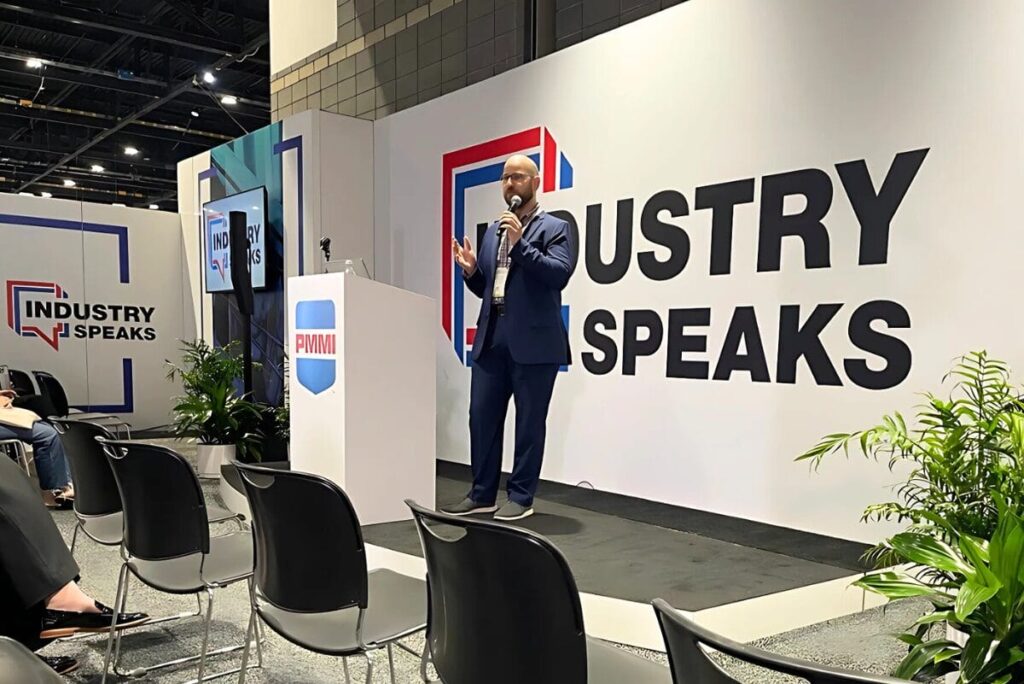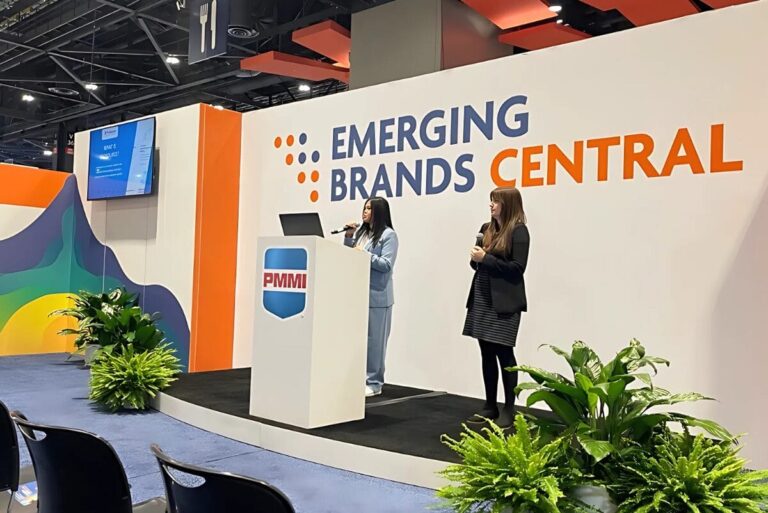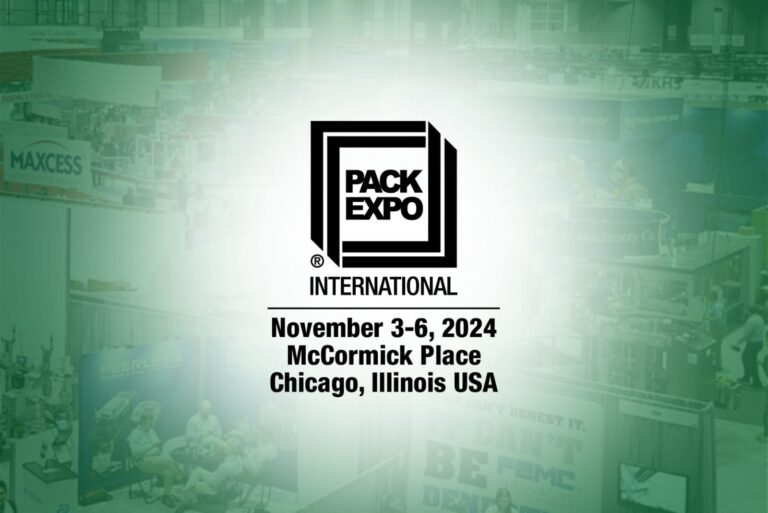The association currently has two active projects to address sustainability needs and to promote visibility within the industry: linear, low-density polyethylene film recycling and residency recycling. The projects amplify the necessity for complete plastic elimination, with the ambition of zero resin loss.
In efforts to unite the industry to elevate recycling access, education, and consumer confidence, the Plastics Industry Association created the Flexible Film Recycling Alliance (FFRA). The FFRA is a value chain consortium promoting and improving the flexible film recycling ecosystem through education, advocacy and end market development.
“It’s all about creating a healthy recycling ecosystem for flexibles,” Krieger said. “And that means we want to make sure that these products are able to be recycled, that they’re collected for recycling, that they are recycled into new products and that people who are making flexibles are using recycled content.”
The Plastics Industry Association is focused on being transparent when it comes to flexible recycling and how it encompasses all materials, collection modalities and methods of recycling. Building transparency from the beginning is crucial to eliminate consumer skepticism surrounding the initiatives, which can, in turn, help consumers make informed purchasing decisions.
For CPG companies looking to introduce sustainable initiatives within their processes, the first step would be to define what sustainability means specifically for that company. Companies should address if they are more concerned with carbon footprint, global warming, potential water and energy use or overall recycled content.
“You need to define those yourself first before involving your supply chain partners,” Krieger explained. “Get involved with some of the associations that are doing the work and can help you make those first steps.”










